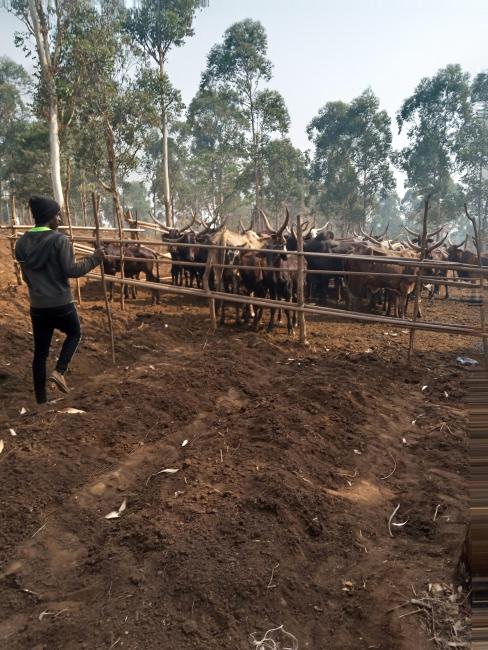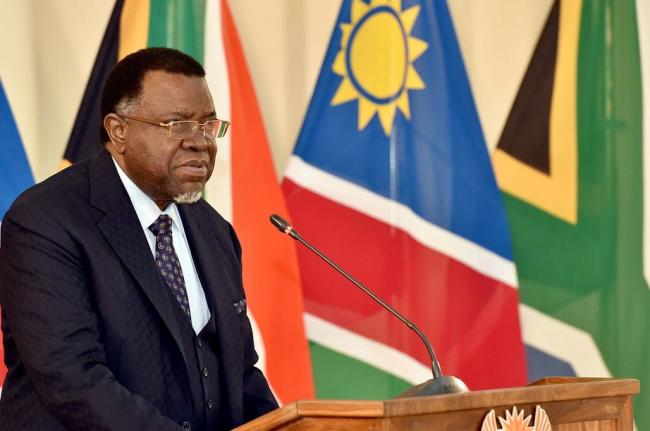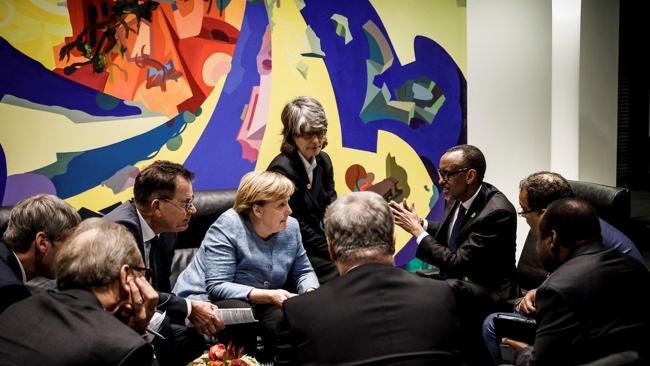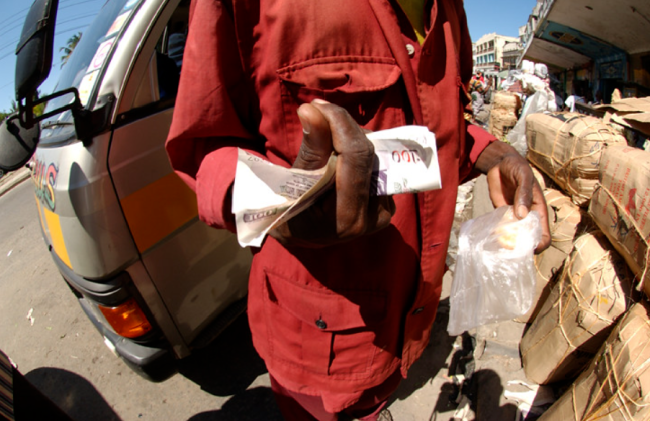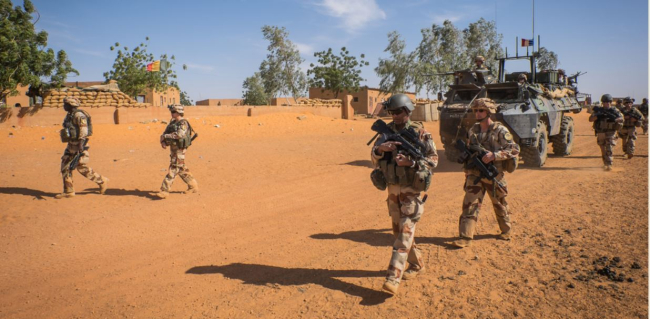Sub-Saharan Africa
Sub-Saharan Africa is not monolithic. While crises in the Sahel have attracted a great deal of attention, other regions also need to be monitored, and not just through the prism of security.
Related Subjects

Multilateralisms: Survival or Revival?
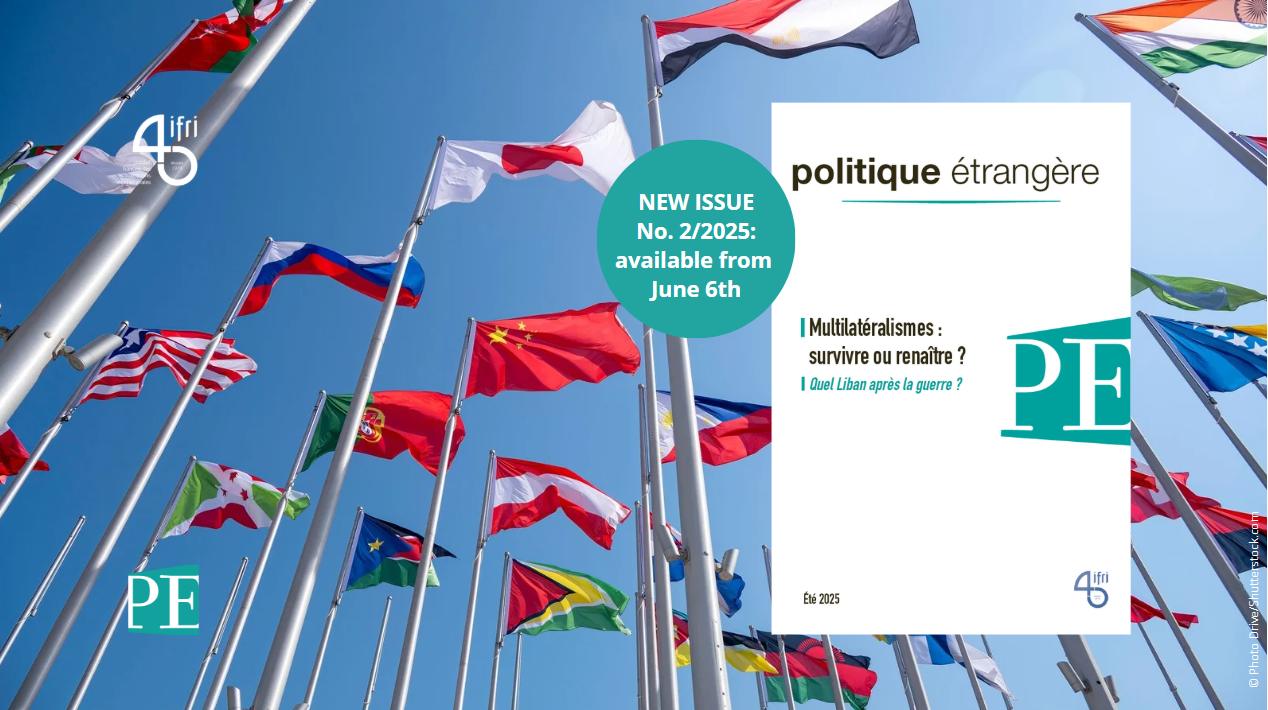
The organized multilateralism born out of the Second World War and the Cold War, and revived in the 1990s with the dream of a world of peaceful “global governance,” has fizzled out. The erosion of the large universal frameworks (United Nations, World Trade Organization, arms control and disarmament, international criminal justice, and so on) did not give way to a void but to an excess: a multitude of agreements and schemes that bore witness to the accelerated rebuilding of international relationships. Will institutional anarchy and the open competition of interests visible in uninhibited struggles for power be able to organize themselves around common fundamental interests in the future?
The Peuls Mbororo of North Cameroon: Insecurities of a Pastoral Society and Limits of a Hybrid Security Response
The Mbororo are Fulani who, unlike the Fulbe, have not become sedentary and have practiced nomadic herding for a long time. However, over the past several decades, they have been undergoing a sedentarization process in northern Cameroon (Septentrion), to the point that many of them have become semi-sedentary and agro-pastoralists.
This community of herders faces environmental, land, fiscal and criminal insecurities.
New Africa France Summit : the Concealed Continuation of Emmanuel Macron's Africa Policy
A “New Africa-France Summit” was held on October, 8 at Arena Sud de France in Montpellier.
Namibia’s Fair-Weather Friends and One All-Weather Friend
The relationship between Namibia and its historical partners has evolved over the last thirty years since Namibian independence. As in many countries, Namibia has been going through transformation, influenced by the process of globalization. This created new sets of geopolitical challenges and opened up new opportunities for Namibia's small and poorly diversified economy which has relied heavily on the mining industry.
The United Arab Emirates in Africa: The Partly Thwarted Ambitions of a New Regional Player
The United Arab Emirates (UAE) has long-standing ties with African countries, but the implementation of a genuine Africa policy dates back only about 15 years.
Germany’s Africa Politics: Renewal of an Unequal Cooperation?
In recent years, Germany’s Africa politics have been characterized by proactive international initiatives and the claim for a "partnership at eye level". However, a look at the power constellations of its cooperation indicates that inequalities are – contrary to Germany’s own claims – rather reproduced than reduced.
Corruption in Kenya. Understanding a Multifaceted Phenomenon
In Kenya, corruption results from a confusion of public and private interests that is specific to the neo-patrimonial logic in place since British colonization. The strong moral and political ethnicity that characterizes the country fuels an ambiguous relationship between the population and the elite.
Towards Geopolitical German Development Cooperation? Recent History, Current Trends, and Future Prospects
German development cooperation (GDC) in a post-Merkel era can be expected to become more geopolitical. Recently adopted German policy documents like the Indo-Pacific guidelines as well as the support to the geopolitical ambition of the European Commission suggest such a tendency for future German policy making.
Land Governance in the Outskirts of African Cities. Socio-Economic Challenges of Growing Peri-Urban Land Markets
Between 2020 and 2050, Africa’s population is expected to double, and the continent will be home to 2.5 billion people. Almost half of this population will be living in urban agglomerations. Metropolitan cities, such as Lagos, Nairobi, Dar es Salaam or Abidjan will host several tens of millions of urban dwellers. Peri-urban areas are most affected by the cities’ expansion and undergo important social, political, and economic transformations.
Why France is losing its 'Great Game' in western Africa
The British used to call it "the Great Game" — the military and political jockeying of great powers in the late 19th century in Afghanistan, India and the areas around southern Russia. France, too, has played its "Great Game" in western Africa for 150 years. Now it's losing. Islamist extremists are winning.
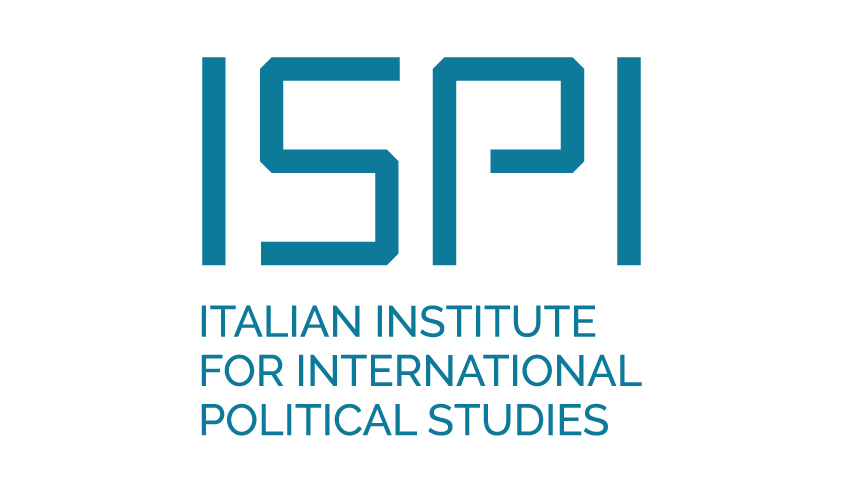
Green Recovery for Sub-Saharan Africa: Boosting Sustainable Electrification
If sub-Saharan Africa followed the same model of economic development as the rest of the world, focused on the growth of carbon intensive industries, cities and infrastructures, it would seal the planet's climate future. Africa’s emissions today are among the lowest per capita in the world: 0.8 tons/capita.
Support independent French research
Ifri, a foundation recognized as being of public utility, relies largely on private donors – companies and individuals – to guarantee its sustainability and intellectual independence. Through their funding, donors help maintain the Institute's position among the world's leading think tanks. By benefiting from an internationally recognized network and expertise, donors refine their understanding of geopolitical risk and its consequences on global politics and the economy. In 2024, Ifri will support more than 70 French and foreign companies and organizations.






